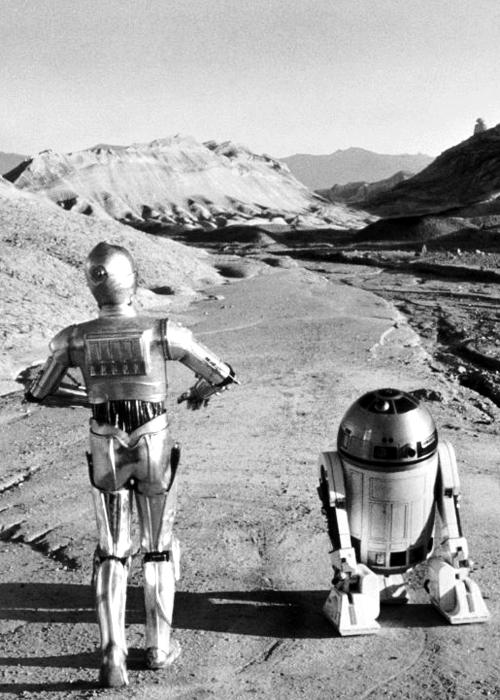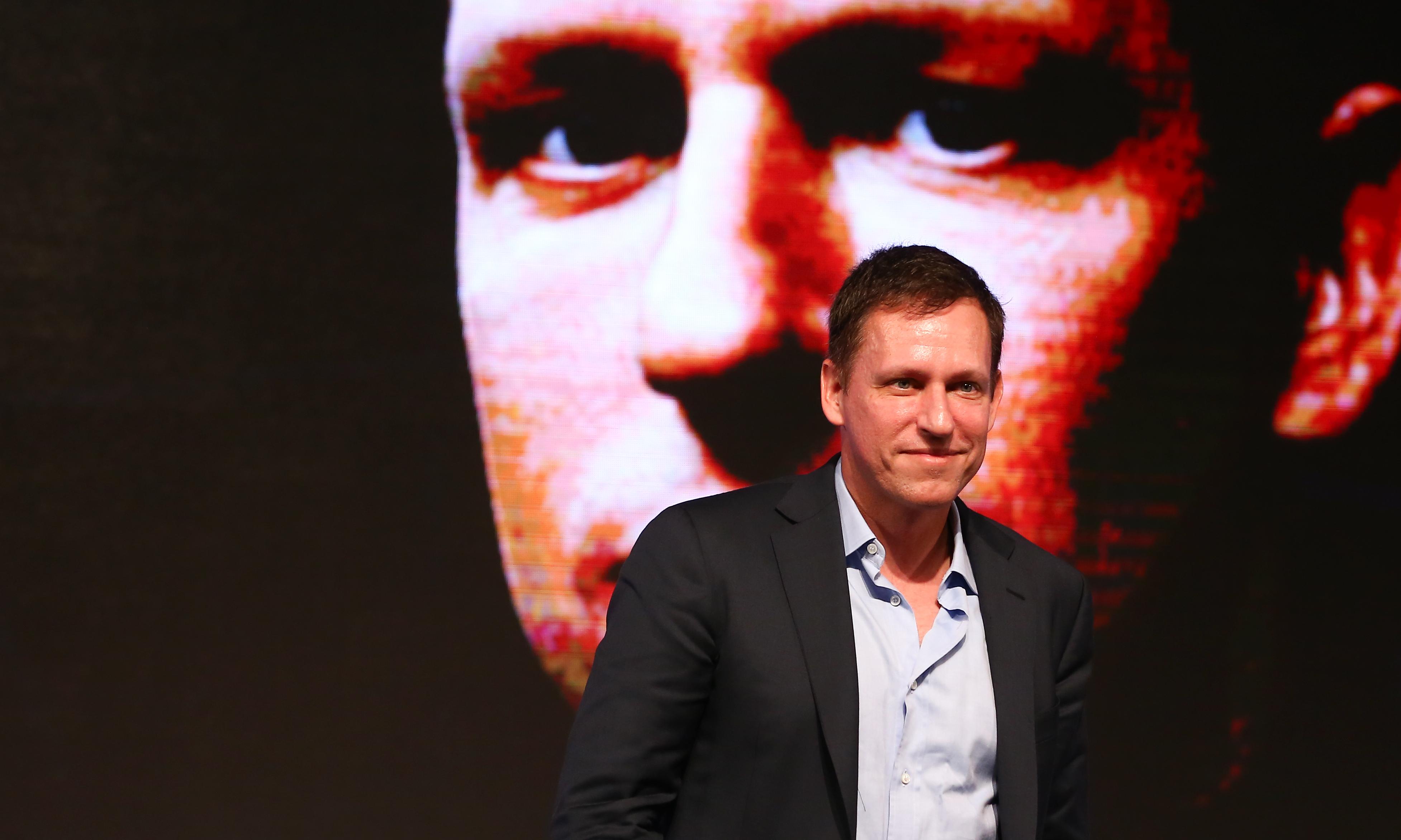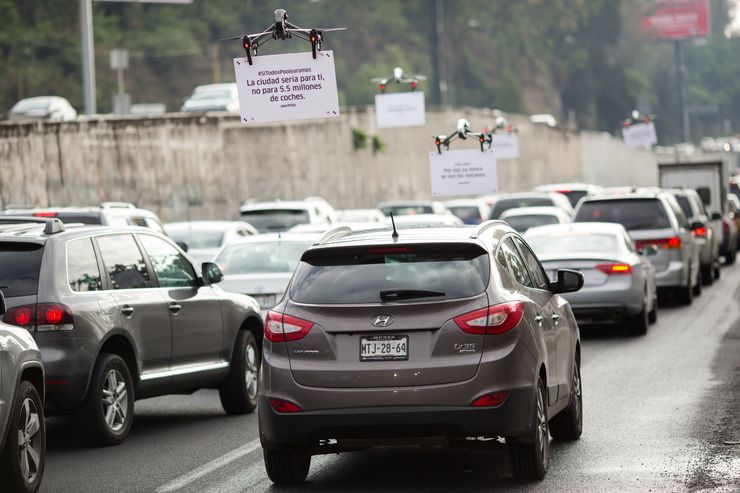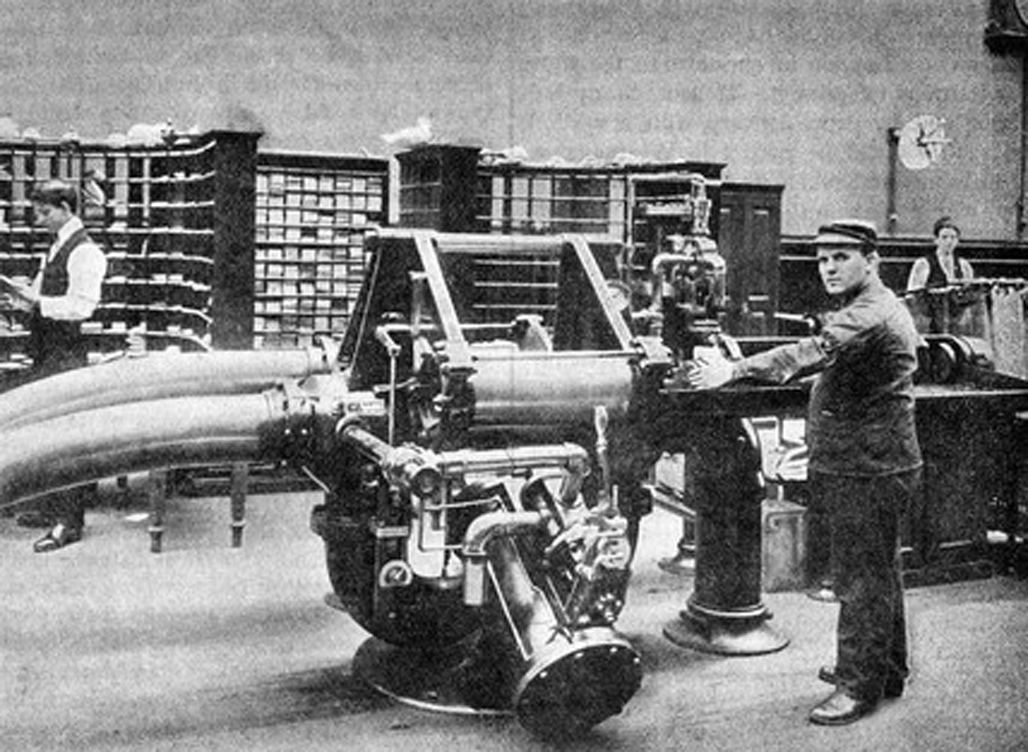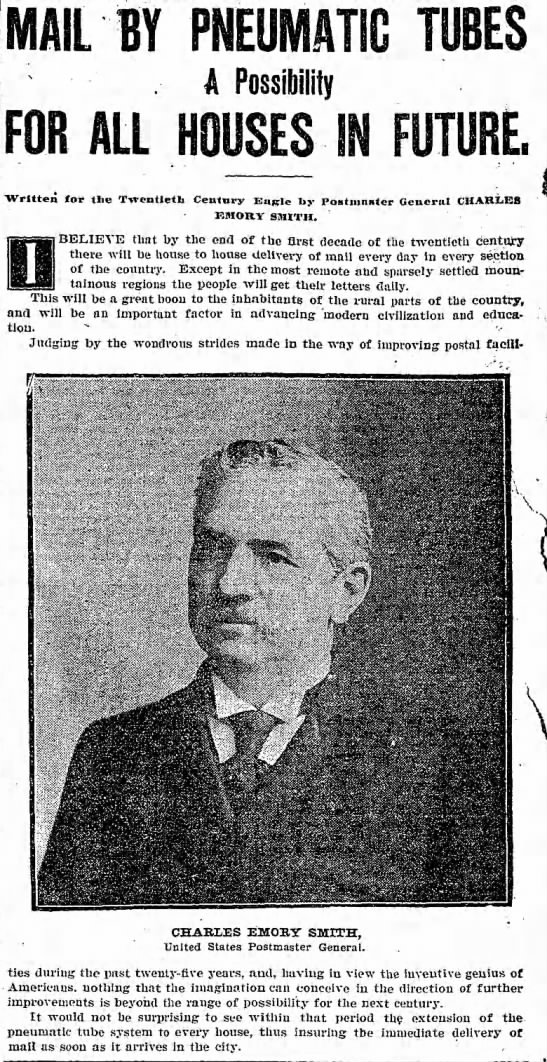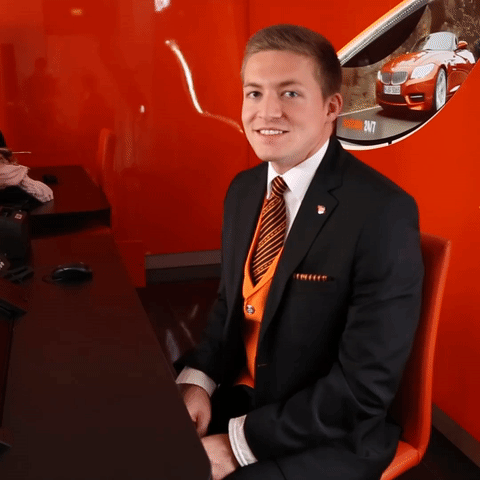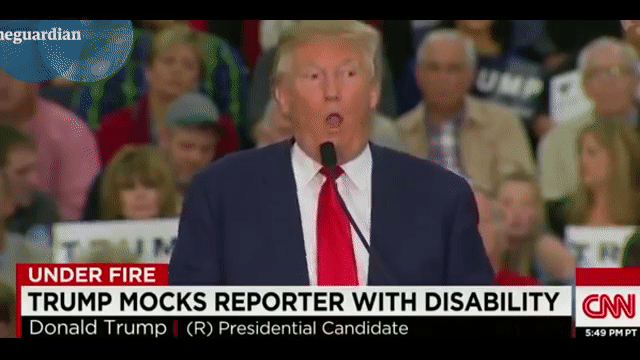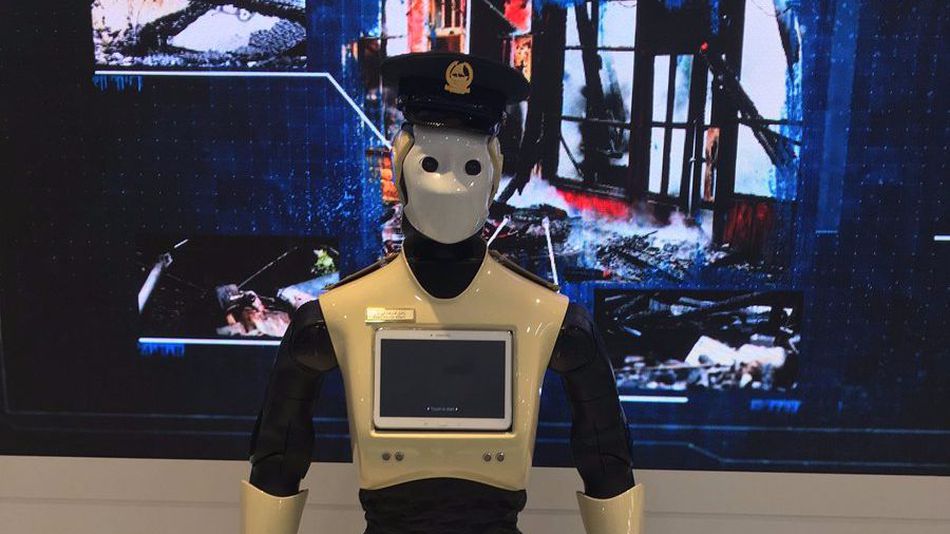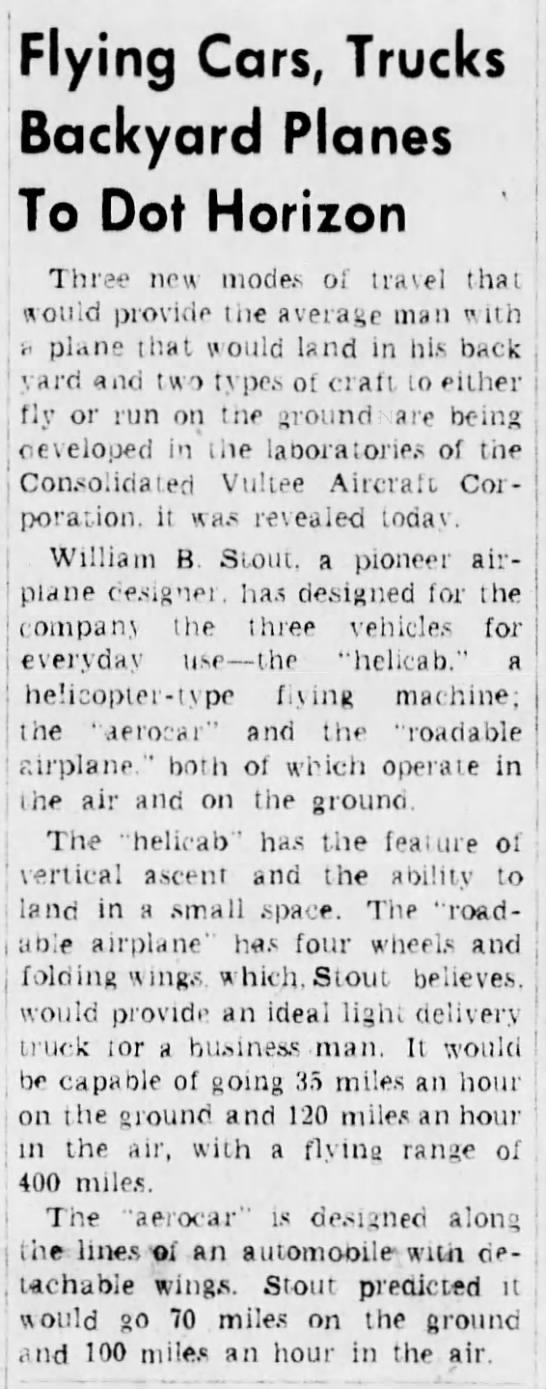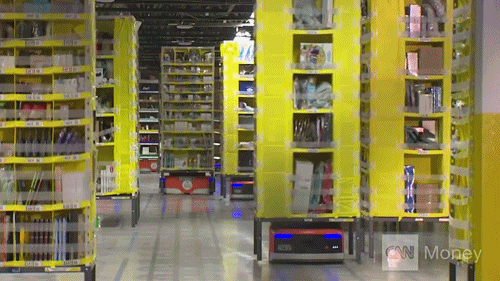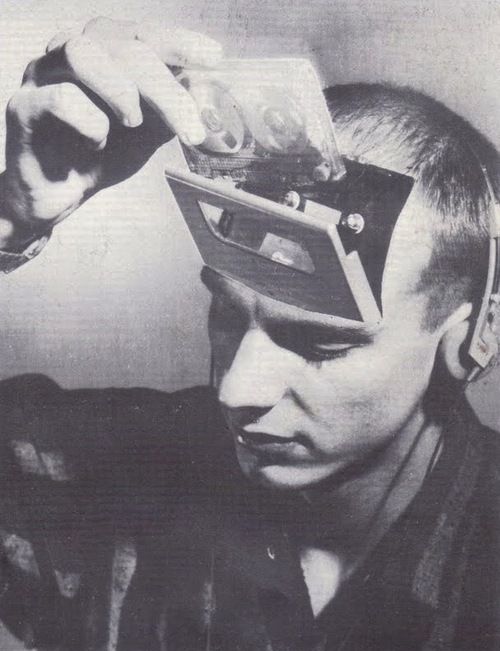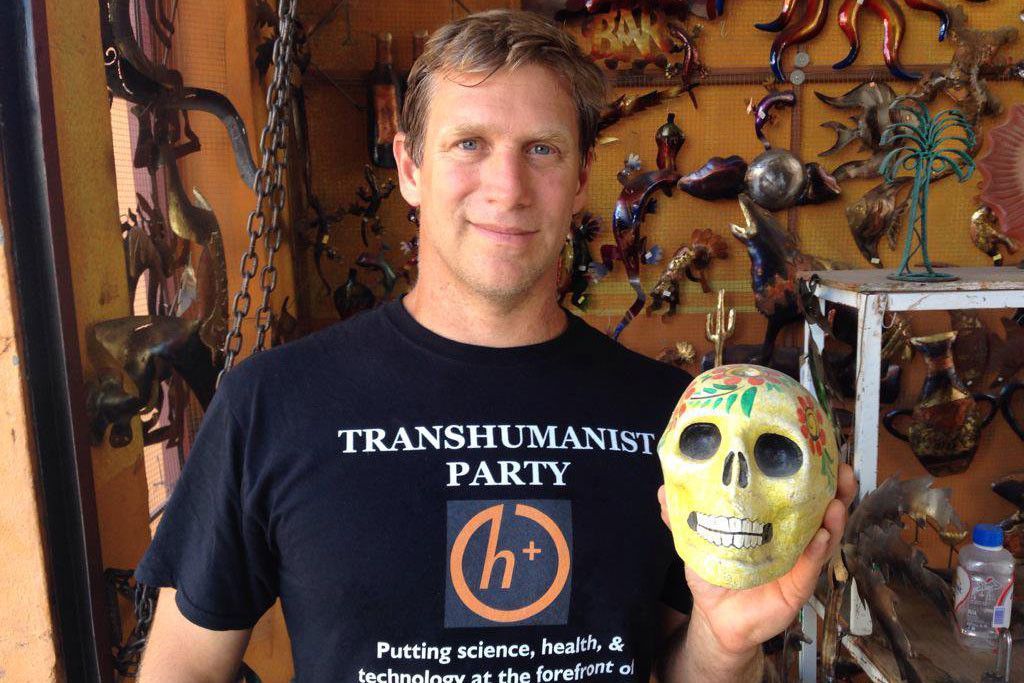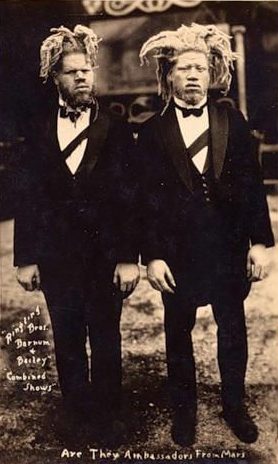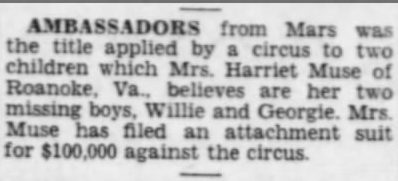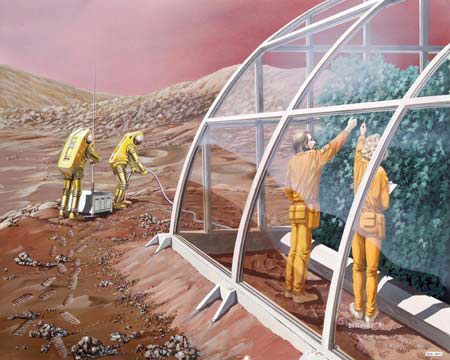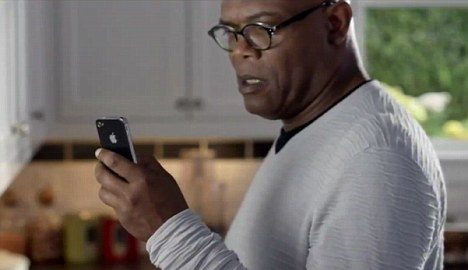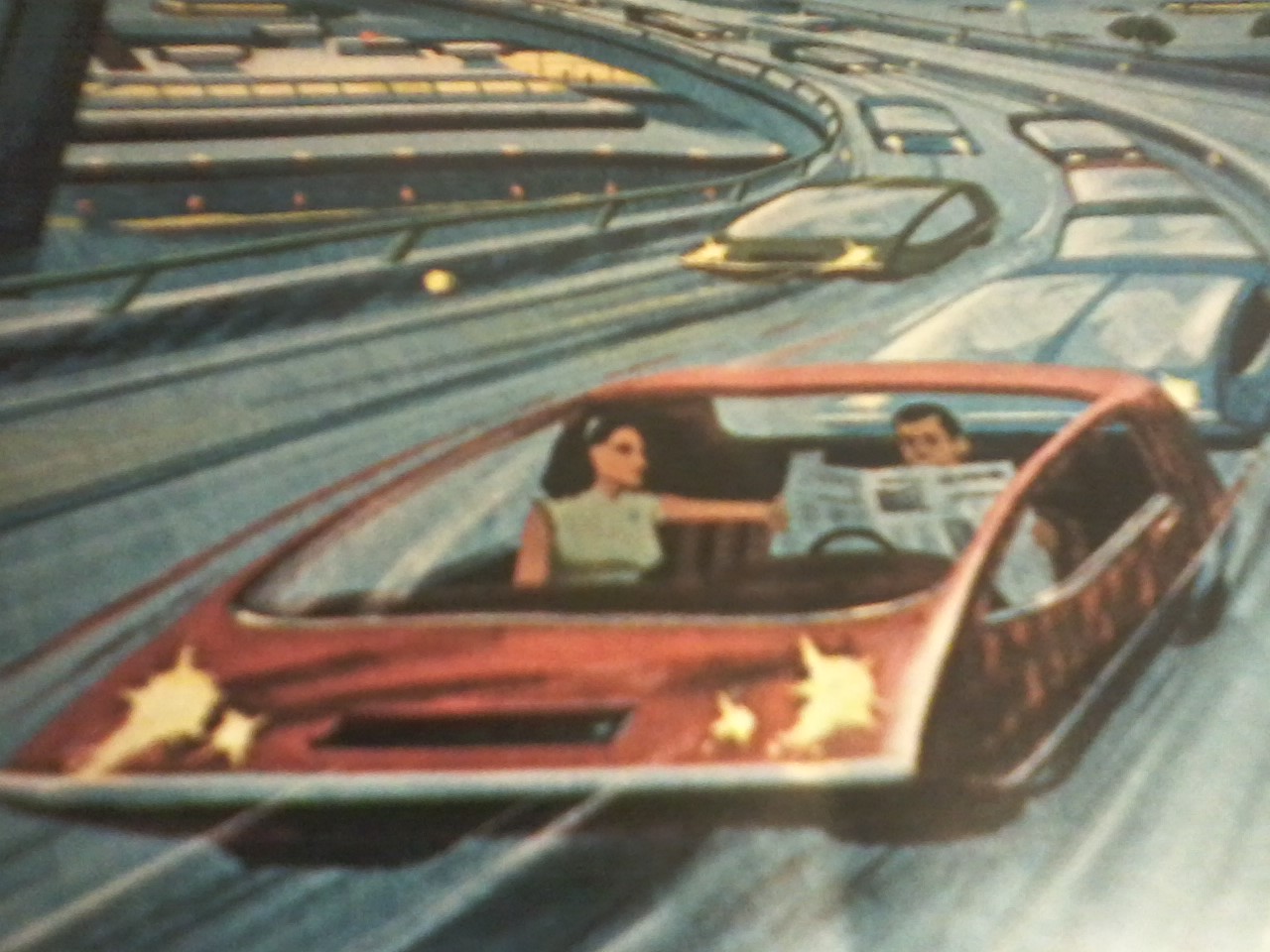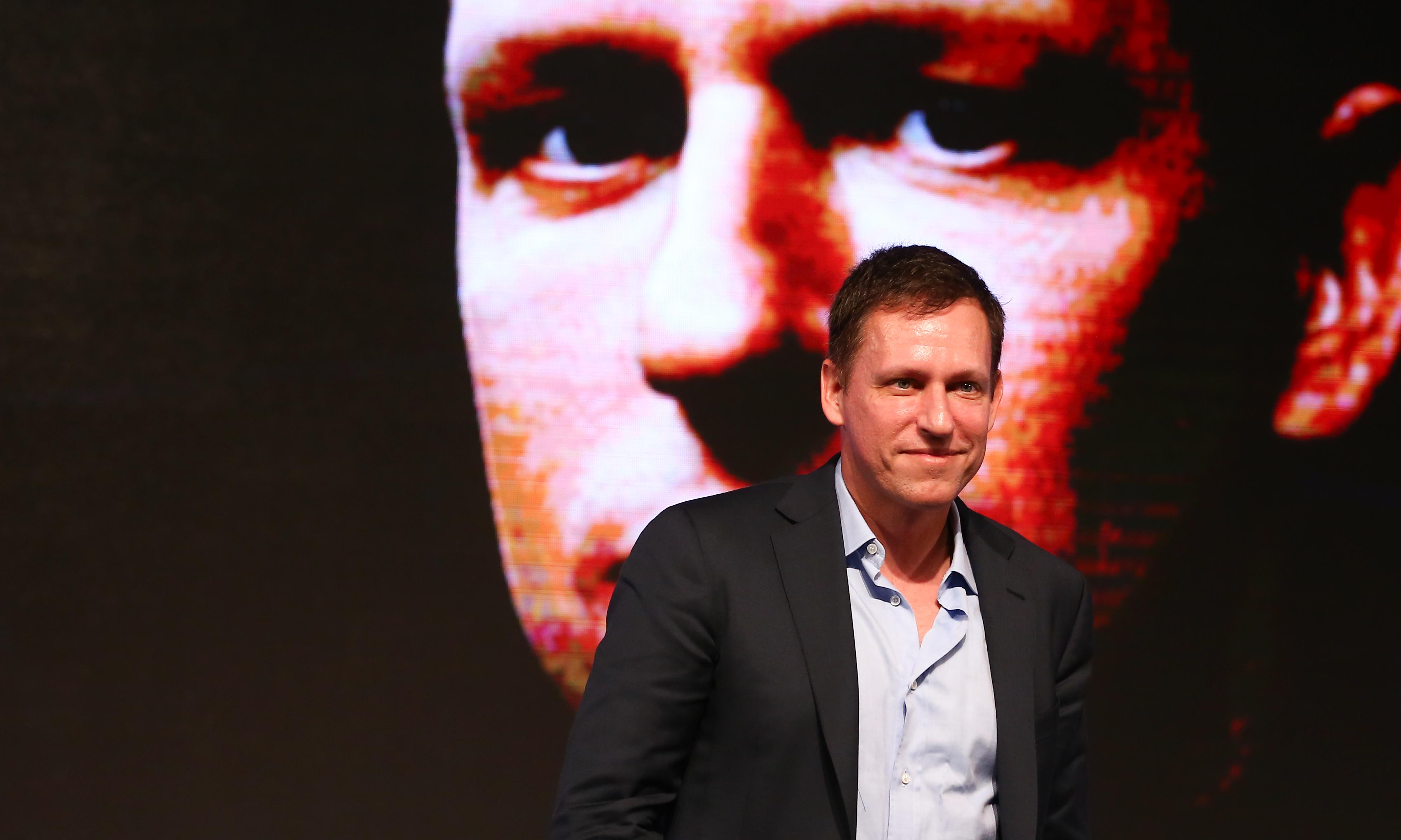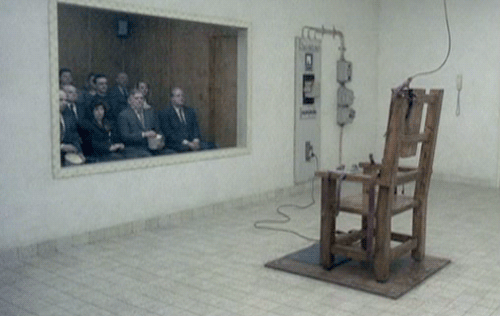Discussion of the ideas in David Gelernter’s new book, The Tides of Mind: Uncovering the Spectrum of Consciousness, which just landed in my mailbox, forms the crux of the latest episode of EconTalk with Russ Roberts. The computer scientist talks about the variety of cognizance that forms our days, an idea he believes lost in the unstudied acceptance of binary labels “conscious” or “unconscious.” He thinks, for instance, that we operate at various levels of up- or down-spectrum consciousness, which permits us to function in different ways.
Clearly the hard problem is still just that, and the creativity that emerges from consciousness, often the development of new symbols or the successful comparison and combination of seemingly disparate thoughts, isn’t yet understood. Someday we’ll comprehend the chemical reactions that enable these mysterious and magnificent syntheses, but for now we can enjoy though not understand them. In one passage, the author wonderfully articulates the creative process, the parts that are knowable and those that remain inscrutable. The excerpt:
David Gelernter:
You also mention, which is important, the fact that you have a focused sense when you are working on lyrics or writing poetry, let’s say. And I’ve argued, on the other hand, that you need to be well down-spectrum in order to get creativity started. That is, you can’t be at your creative peak when you’ve just got up in the morning: your attention is focused and you are tapping your pencil; you want to get to work and start, you know, getting through the day’s business at a good clip. It’s not the mood in which one can make a lot of progress writing poetry. But that’s exactly why–that’s one of the important reasons why creativity is no picnic. It’s not easily achieved. I think it’s fair to say that everybody is creative in a certain way. In the sort of daily round of things we come up with new solutions to old problems routinely. But the kind of creativity that yields poetry that other people value, that yields original work in any area, is highly valued, is more highly valued than any other human project, because it’s rare. And it’s rare not because it requires a gigantic IQ (Intelligence Quotient), but because it requires a certain kind of balance, which is not something everybody can achieve. On the one hand–it’s not my observation; it’s a general observation–that creativity often hinges on inventing new analogies. When I think of a new resemblance and an analogy between a tree and a tent pole, which is a new analogy let’s say that nobody else has ever thought of before, I take the new analogy and can perhaps use it in a creative way. One of a million other, a billion, a trillion other possible analogies. Now, what makes me come up with a new analogy? What allows me to do that? Generally, it’s a lower-spectrum kind of thinking, a down-spectrum kind of thinking, in which I’m allowing my emotions to emerge. And, I’m allowing emotional similarity between two memories that are in other respects completely different. I’m maybe thinking as a graduate student in computing about an abstract problem involving communication in a network like the ARPANET (Advanced Research Projects Agency Network) or the Internet, in which bits get stuck. And I may suddenly find myself thinking about traffic on a late Friday afternoon in Grand Central Station in Manhattan. And the question is–and that leads to a new approach. And I write it up; and I prove a theorem, and I publish a paper. And there’s like a million other things in the sciences and in engineering technology. But the question is: Where does the analogy come from? And it turns out in many cases–not in every case–that there are emotional similarities. Emotion is a tremendously powerful summarizer, abstractor. We can look at a complex scene involving loads of people rushing back and forth because it’s Grand Central Station, and noisy announcements on [?] to understand, loudspeakers, and you’re being hot and tired, and lots of advertisements, and colorful clothing, and a million other things; and smells, and sounds, and–we can take all that or any kind of complex scene or situation, the scene out your window, the scene on the TV (television) when you turn on the news, or a million other things. And take all those complexities and boil them down to a single emotion: it makes me feel some way. Maybe it makes me happy. Maybe it makes me happy. It’s not very usual to have an emotion as simple as that. But it might be. I see my kids romping in the backyard, and I just feel happy. Usually the emotion to which a complex scene has boiled down is more complex than that–is more nuanced. Doesn’t have a name. It’s not just that I’m happy or sad or excited. It’s a more nuanced; it’s a more–it’s a subtler emotion which is cooked up out of many bits and pieces of various emotions. But the distinctive emotion, the distinctive feeling that makes me feel a certain way, the feeling that I get when I look at some scene can be used as a memory cue when I am in the right frame of mind. And that particular feeling–let’s say, Happiness 147–a particular subtle kind of happiness which is faintly shaded by doubts about the coming week and by serious questions I have about what I’m supposed to do tomorrow morning but which is encouraged by the fact that my son is coming home tonight and I’m looking forward to seeing him–so that’s Happiness 147. And it may be that when I look out at some scene and feel Happiness 147, that some other radically different scene that also made me feel that way comes to mind–looking out at that complex thing and I think of some abstract problem in network communications, or I think of a mathematics problem, or I think of what color chair we should get for the living room, or one of a million other things. Any number of things can be boiled down in principle, can be reduced, can be summarized or abstracted by this same emotion. My emotions are so powerful because the phrase, ‘That makes me feel like x,’ can apply to so many situations. So many different things give us a particular feeling. And that feeling can drive in a new analogy. And a new analogy can drive creativity. But the question is: Where does the new analogy come from? And it seems to come often from these emotional overlaps, from a special kind of remembering. And I can only do that kind of remembering when I am paying attention to my emotions. We tend to do our best to suppress emotions when we’re up-spectrum. We’re up-spectrum: We have jobs to do, we have work to do, we have tasks to complete; our minds are moving briskly along; we’re energetic. We generally don’t like indulging in emotions when we are energetic and perky and happy and we want to get stuff done. Emotions tend to bring thought to a halt, or at any rate to slow us down. It tends to be the case as we move lower on the spectrum, we pay more attention to emotions. Emotions get a firmer grip on us. And when we are all the way at the bottom of the spectrum–when we are asleep and dreaming–it’s interesting that although we–often we think of dreaming as emotionally neutral except in the rare case of a nightmare or a euphoria dream, and neither of those happen very often–we think of dreams as being sort of gray and neutral. But if you read the biological[?] literature and the sleep-lab literature, you’ll find that most dreams are strongly colored emotionally. And that’s what we would expect. They occur at the bottom of the spectrum. Life becomes more emotional, just as when you are tired you are more likely to lose your temper; you are more likely to lose your self-control–to be cranky, to yell at your kids, or something like that. We are less self-controlled, we are less self-disciplined; we give freer rein to our emotions as we move down spectrum. And that has a good side. It’s not good to yell at your kids. But as you allow your emotions to emerge, you are more likely to remember things that yield new analogies. You are more likely to be reminded in a fresh way of things that you hadn’t thought of together before.•


